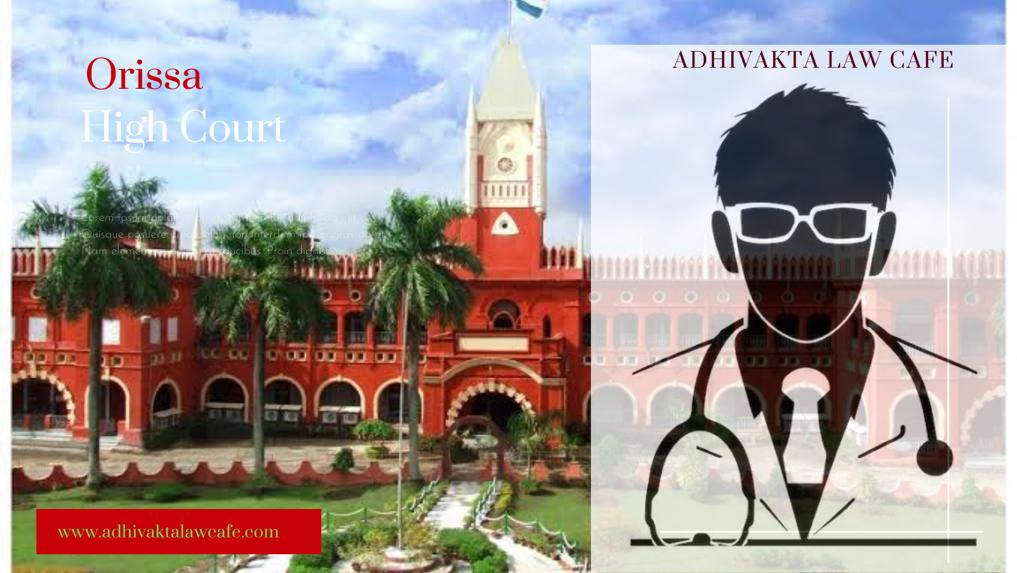In a recent case, the Orissa High Court has mandated that all doctors in the state write medical prescriptions and medico-legal documents, such as postmortem reports, in legible handwriting. The directive was issued following a case involving a snake bite, where the court struggled to comprehend a postmortem report due to unclear handwriting.

Justice SK Panigrahi expressed concern over the growing trend of doctors adopting a “zigzag handwriting” style, labeling it a “fashion” that hampers understanding for both the common man and judicial officers. In response to this, the court directed the Odisha Chief Secretary to issue a circular instructing all medical centers, private clinics, and medical colleges to use clear and readable handwriting or opt for typed formats when documenting prescriptions or medico-legal reports.
The decision was made during the disposal of a petition seeking ex-gratia assistance in a snake bite case where the petitioner’s elder son had succumbed to the snake bite. The court, finding it challenging to decipher the postmortem report, emphasized that such illegible writing by doctors impedes the comprehension of medico-legal documents and creates difficulties for the judicial system in reaching definitive conclusions.
While acknowledging the demanding schedules of medical professionals and their commendable service during the COVID-19 period, the court stressed the need for doctors dealing with medico-legal issues to adopt a more considerate approach. It recommended writing in capital letters, using typed formats, or improving overall handwriting to ensure that the judicial system is not burdened with unnecessary challenges in deciphering crucial documents.
Despite recognizing the constraints faced by medical professionals, the court highlighted the negative impact of poorly written prescriptions and medico-legal documents on the quality of evidence appreciation in courts. The directive aims to improve the overall quality of documentation and streamline the understanding of crucial medical information in legal proceedings.
In the specific snake bite case, the court directed the petitioner to approach the Tahasildar, following the prescribed procedure to seek compensation from the appropriate authority. Authorities were instructed to consider and process the application within one month of its submission.
Advocate PK Nayak represented the petitioner, while Advocate GR Mohapatra represented the State in this landmark case. The court's directive serves as a reminder to the medical community to prioritize clear and legible documentation, ensuring effective communication in the legal and medical domains.
[Read Order]
Attachment
Web-Page